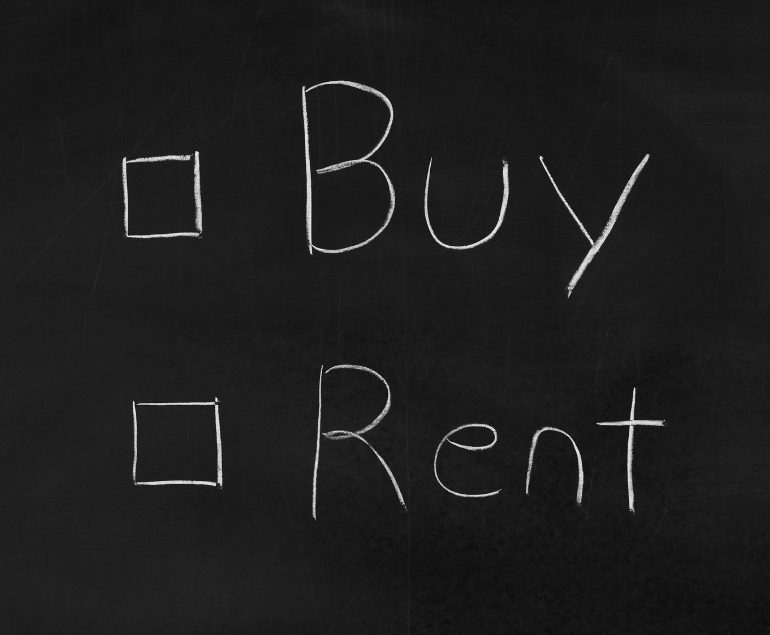The 411 on the VA Vendee™ Loan

The VA Vendee™ Loan is a unique loan program we offer at VRM Lending LLC.
How Much House Can You Really Afford?

Looking for a house is one of the most important, exciting, and big things you’ll ever do — and it’s a whole process, for sure. After all, there’s so much to it. From working with a realtor to searching for properties to navigating the lending process; house hunting is a highly involved adventure for everyone.
What to Look for When Finding a Realtor

With the VA Vendee™ Loan program, borrowers are given the option to take out on a loan for a house they love without the headache.
How Credit Score Plays into Mortgage Approval

With the VA Vendee™ Loan program, borrowers are given the option to take out on a loan for a house they love without the headache.
What Happens in Underwriting?

[vc_row][vc_column][vc_column_text] What Happens in Underwriting? [/vc_column_text][/vc_column][/vc_row][vc_row][vc_column][vc_column_text]Underwriting is a crucial step in your home-buying process. It can be the deciding factor of whether or not you get your loan near the end of the mortgage process – so it’s important to know what goes on behind the scenes, and how to help underwriting go as smoothly […]
The Real Home-Buying Process

[vc_row][vc_column][vc_column_text] The Real Home-Buying Process [/vc_column_text][/vc_column][/vc_row][vc_row][vc_column][vc_column_text]Embarking on the process of buying a home is a super exciting one (so, congratulations!). However, it’s also a long process, and it usually involves a lot of red tape, hoop jumping, and paperwork. After all, you’re purchasing — and most likely financing — a pretty massive investment, and it’s a really […]
To Buy or to Rent? What You Need to Know

[vc_row][vc_column][vc_column_text] To Buy or to Rent? What You Need to Know [/vc_column_text][/vc_column][/vc_row][vc_row][vc_column][vc_column_text]When you’re looking into moving homes, the age-old question is sure to come to light: should I buy or should I rent? The buy vs. rent question is one that we get a ton from both existing and prospective clients, and for good reason. […]
How Do You Know It’s the Right Time to Refinance?

With the VA Vendee™ Loan program, borrowers are given the option to take out on a loan for a house they love without the headache.
Our Favorite Resources for Keeping a Pulse on Realtor Trends

[vc_row][vc_column][vc_column_text] Our Favorite Resources for Keeping a Pulse on Realtor Trends [/vc_column_text][/vc_column][/vc_row][vc_row][vc_column][vc_column_text]If one thing is for sure in the real estate industry – it’s that the market and trends are constantly changing. It can be difficult to stay up to date on the fluctuating home values, mortgage rates, buyer demand, seller behaviors, and the economy. […]
Are You Ready to Buy a House?

[vc_row][vc_column][vc_column_text] Are You Ready to Buy a House? [/vc_column_text][/vc_column][/vc_row][vc_row][vc_column][vc_column_text]Of all of the financial decisions, you make in your life, buying a home may just be the most important one — and for a lot of reasons. See, buying a home could mean you’re buying a pretty massive asset. The average cost of a home in […]



